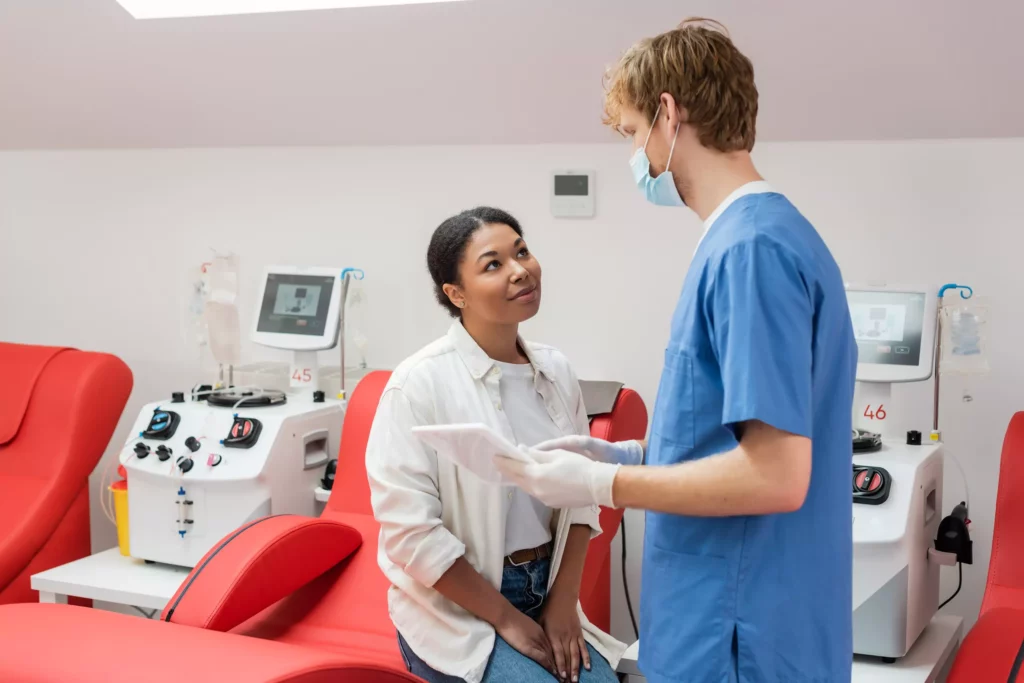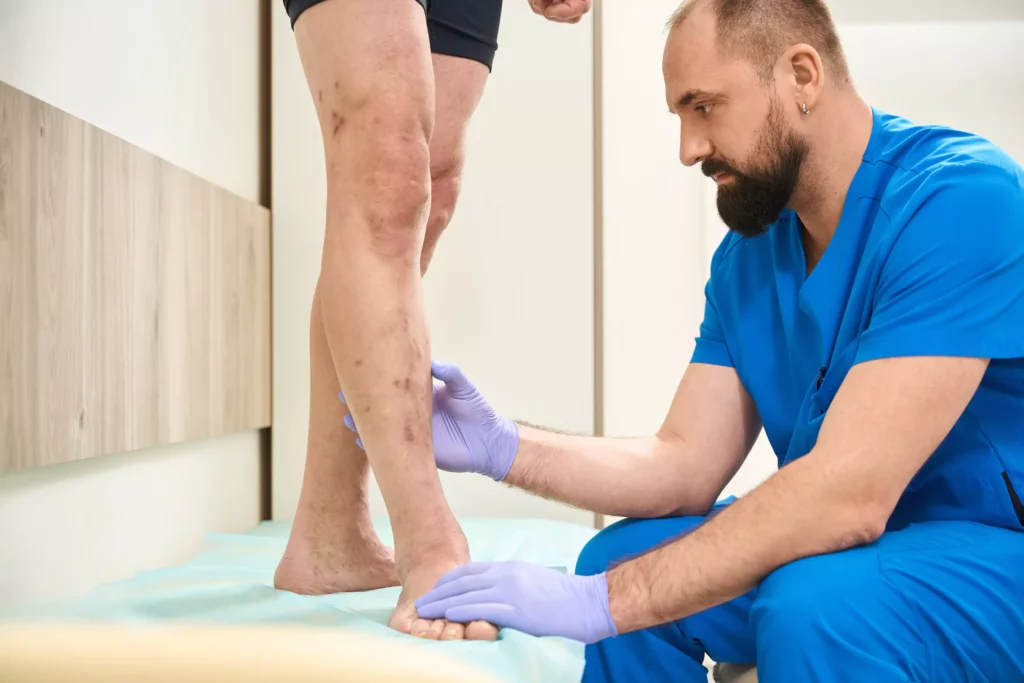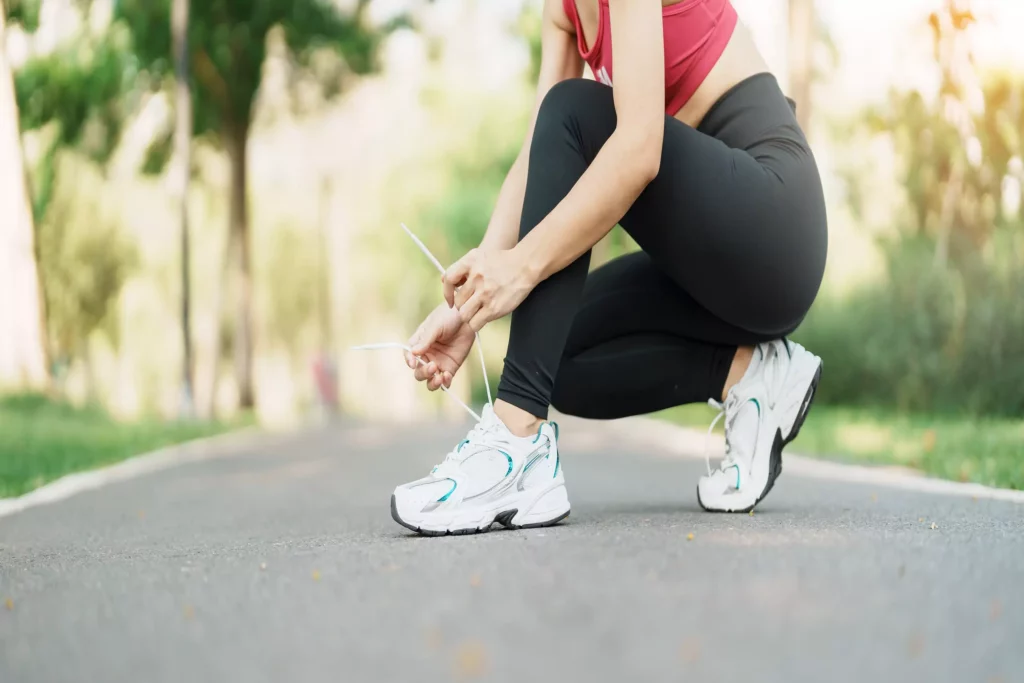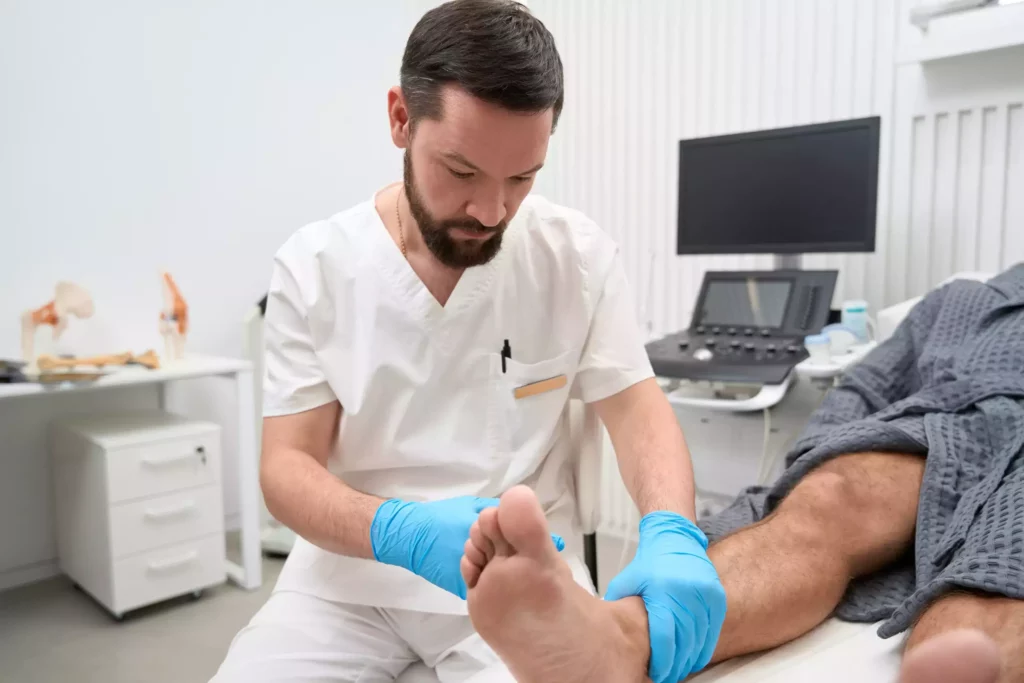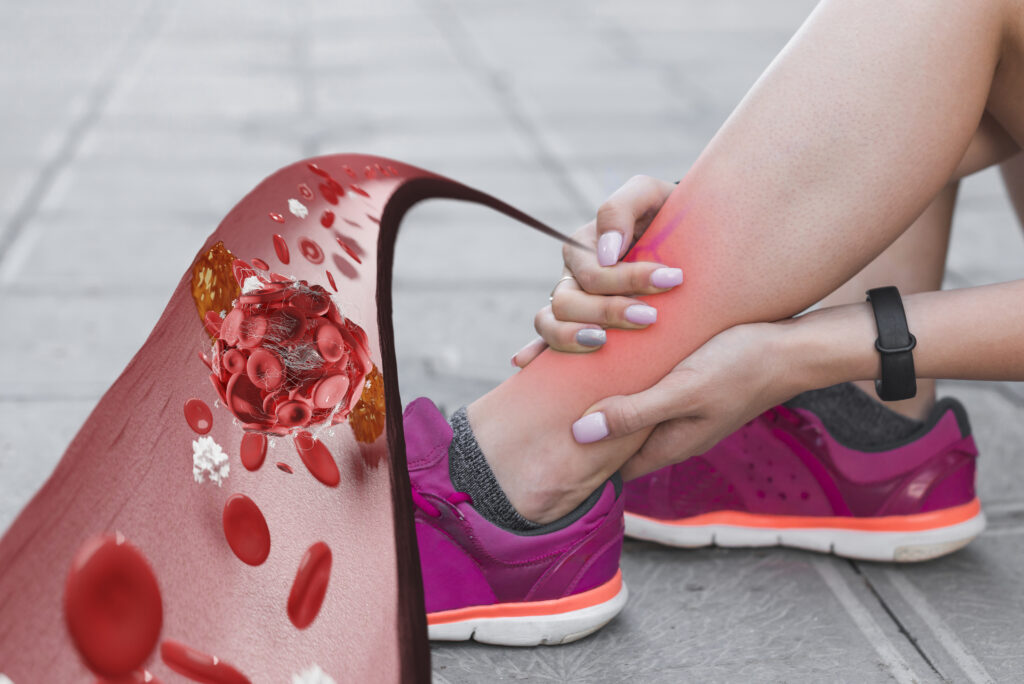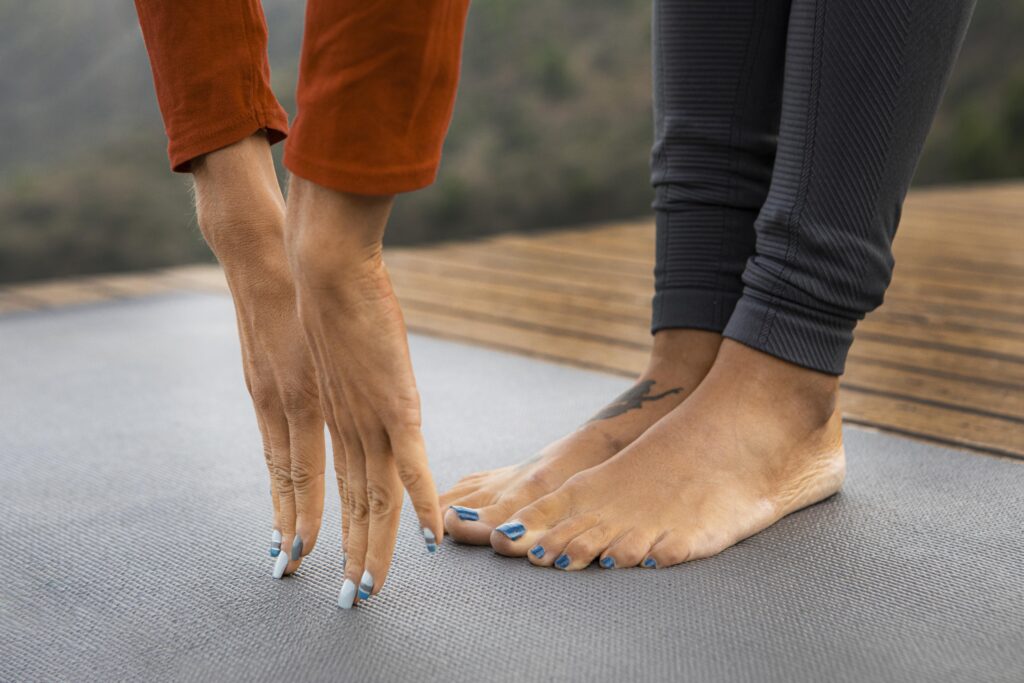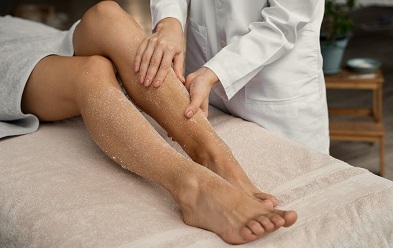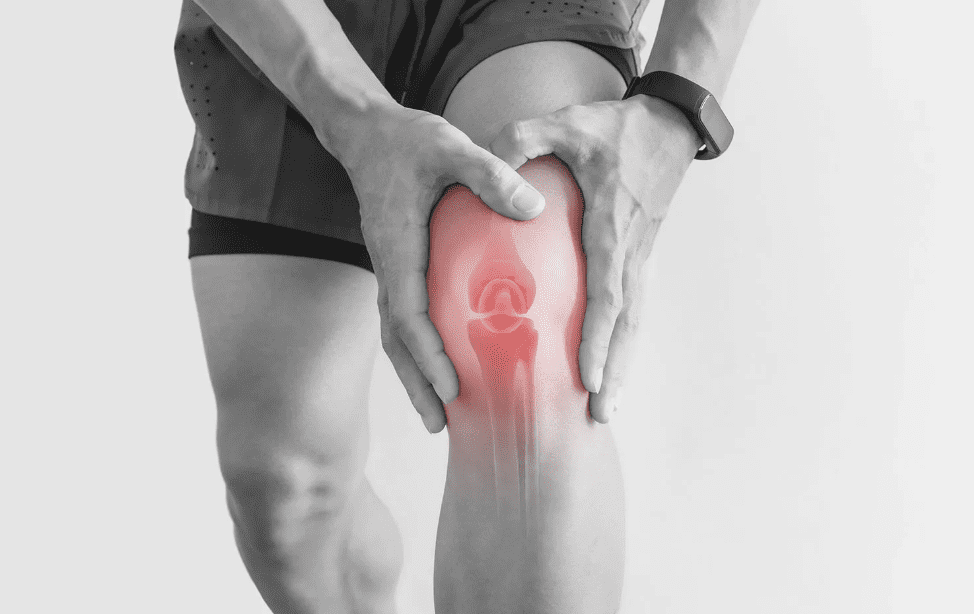Posts by Ramtin Massoudi
Can Peripheral Artery Disease be Reversed
Can Peripheral Artery Disease be Reversed Peripheral artery disease (PAD) is a condition characterized by the buildup of plaque in the arteries, leading to reduced blood flow to the extremities. This can cause symptoms such as leg pain, weakness, and slow healing of wounds. While PAD is considered a chronic and progressive condition, there is…
Read MoreVaricose Vein Surgery Cost
How Much Does Varicose Vein Surgery Cost? Varicose veins are a common condition characterized by swollen, twisted veins that usually appear on the legs. Varicose vein surgery is often recommended as a treatment option for those experiencing pain, discomfort, or other complications associated with this condition. However, before undergoing surgery, it is important to consider…
Read MoreBest Shoes for Peripheral Artery Disease
Best Shoes for Peripheral Artery Disease Introduction for Best Shoes for Peripheral Artery Disease Peripheral Artery Disease (PAD) is a condition that affects the blood flow to the limbs, particularly the legs and feet. It is typically caused by atherosclerosis, a buildup of plaque in the arteries, which leads to narrowing and reduced blood flow.…
Read MoreDiabetic Foot Care Near Me
Introduction to Diabetic Foot Care Near Me A Diabetic Foot Care Specialist is responsible for providing comprehensive care for diabetic patients, with a specific focus on the feet and ankles. They possess the knowledge and expertise to assess and manage the unique foot care needs of diabetic individuals, ensuring the prevention of complications and the…
Read MorePoor Blood Circulation in Varicose Veins
Understanding the Symptoms of Poor Blood Circulation in Varicose Vein and Artery Disease Poor blood circulation is a significant health concern that can lead to various complications, including varicose veins and artery disease. Dr. Ramtin Massoudi, in his enlightening discussion on AABC TV, sheds light on the critical aspects of these conditions, helping us understand…
Read MoreBest Sleeping Position for Peripheral Artery Disease
Introduction: Best Sleeping Position for Peripheral Artery Disease Peripheral artery disease (PAD) is a condition that occurs when there is a blockage or narrowing of the blood vessels that supply blood to the limbs, typically the legs. This can lead to pain and discomfort, especially during periods of inactivity such as sleep. Finding the best…
Read MoreDiabetic Foot Callus
Why Does a Diabetic Callus Form? A diabetic callus forms due to various factors that contribute to its formation. One of the primary factors is neuropathy, which is commonly experienced by individuals with diabetes. Neuropathy is a condition that affects the nerves, leading to a reduced ability to feel sensation in the feet. As a…
Read MoreVaricose Veins Stages
Introduction: Stages of Varicose Veins Varicose veins are a common medical condition that affects the veins in the legs and feet. They occur when the veins become enlarged, twisted, and bulging, causing a variety of symptoms and complications. Varicose veins can progress through different stages, each with its own set of symptoms, causes, risk factors,…
Read MoreLatest Non Surgical Knee Treatment. Genicular Artery Embolization (GAE) for Knee Pain Relief
How Does GAE Work? During Genicular Artery Embolization or GAE, a small catheter is inserted into an artery in the groin and threaded through the body to the genicular arteries. Once the catheter is in place, a small coil or gel foam plug is used to cut off the blood flow to the genicular arteries.…
Read More
